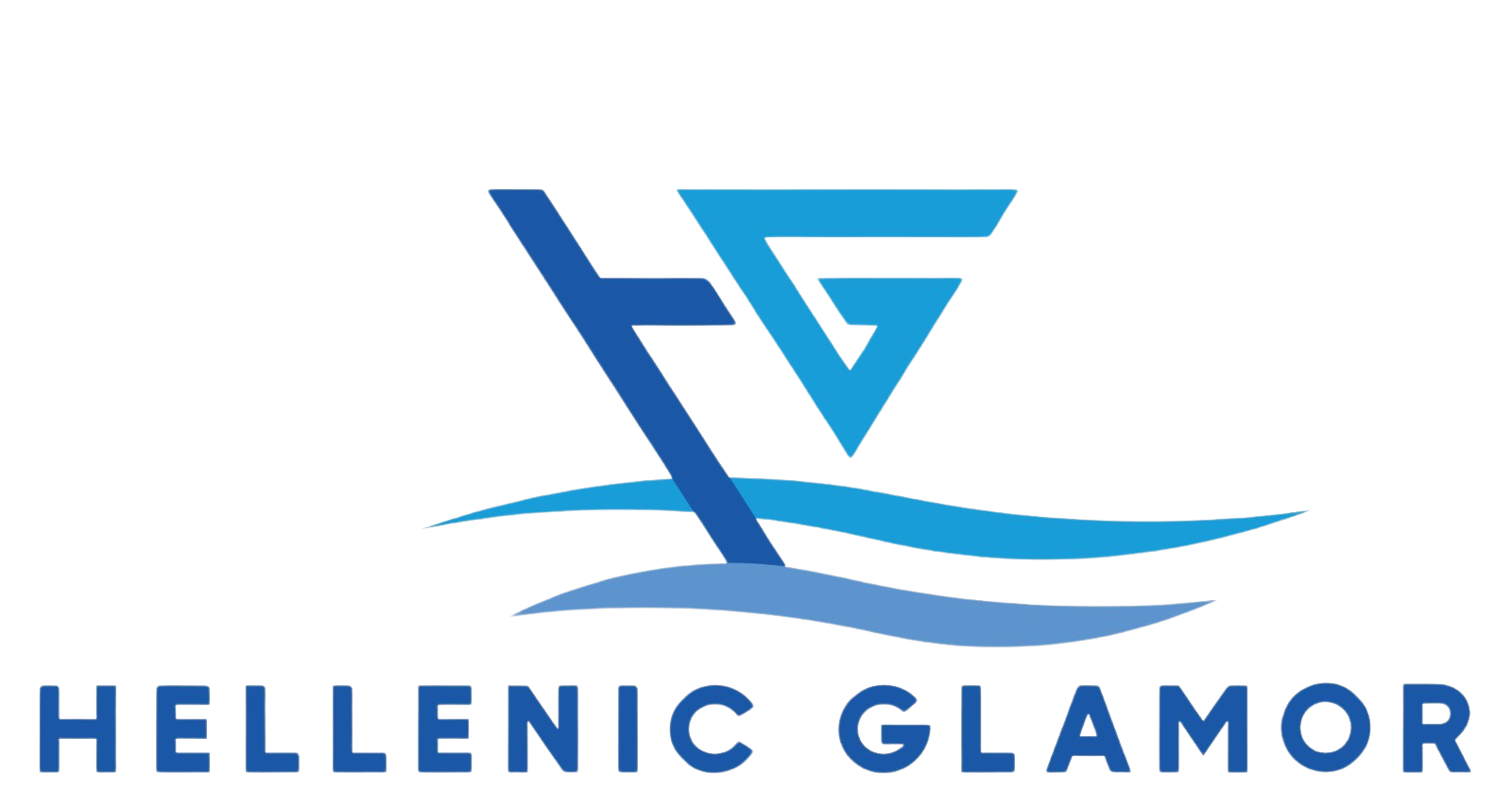
The maritime industry is undergoing a transformation marked by technological innovation and a growing emphasis on sustainability. Ship management, a critical aspect of this sector, is poised for significant advancements by 2025. From AI-powered operations to blockchain-driven transparency, these trends are shaping a future defined by efficiency, safety, and environmental responsibility. Below, we explore the key trends that will revolutionize ship management in the near future.
AI and Automation in Fleet Operations
Artificial Intelligence (AI) is becoming the backbone of modern fleet management. By 2025, we can expect widespread adoption of AI-powered tools designed to optimize fleet operations. Predictive maintenance, one of the most impactful applications, utilizes real-time data from sensors embedded in vessel machinery. These tools flag potential equipment failures before they occur, minimizing downtime and reducing repair costs.
AI is also revolutionizing route optimization. Advanced algorithms analyze weather patterns, tide levels, and congestion at ports to determine the most efficient routes. This not only saves fuel but also ensures timely cargo deliveries. For instance, logistics platforms integrating AI have already demonstrated fuel savings of up to 15%. By 2025, such innovations will be standard in the industry.
Furthermore, automation is taking over repetitive administrative tasks, such as document management and compliance checks, freeing human operators to focus on strategic decision-making. This means enhanced efficiency, lower operating costs, and improved profitability for shipowners and operators.
Autonomous and Semi-Autonomous Vessels
The concept of autonomous shipping, once seen as futuristic, is swiftly becoming a reality. Leading companies such as Wärtsilä and Rolls-Royce are conducting trials on semi-autonomous vessels capable of navigating with minimal human intervention. These vessels leverage a combination of AI, machine learning, and advanced sensors to make decisions in real time.
Semi-autonomous ships are already proving their worth in specific scenarios, such as navigating congested shipping lanes or unloading at busy ports. Although fully autonomous vessels are still facing regulatory and technological hurdles, 2025 will likely see an increase in semi-autonomous solutions that improve safety and efficiency.
Regulatory bodies, including the International Maritime Organization (IMO), are working on frameworks to govern the deployment of autonomous ships. These regulations aim to ensure safety while addressing liability concerns—a critical step for mainstream adoption. Ship management firms must stay updated on these changes to integrate semi-autonomous technologies seamlessly into their operations.
Blockchain for Transparent Logistics
Blockchain has emerged as a game-changer for transparency and trust in the maritime industry. By 2025, blockchain technology will be crucial in ship management, particularly cargo tracking, payment processing, and smart contracts.
One of blockchain’s most significant benefits is its ability to create an immutable ledger of transactions accessible to all parties involved in the shipping process. For example, shipping companies can use blockchain to provide clients with real-time updates, ensuring full visibility of cargo status. This level of transparency builds trust with stakeholders and minimizes disputes.
Smart contracts, another application of blockchain, automate payment and compliance processes. These contracts execute predefined terms, such as releasing payment upon cargo delivery and eliminating manual reconciliation efforts. For ship management, this means faster operations and reduced administrative overhead.
By adopting blockchain solutions, companies can enhance operational efficiency, gain a competitive edge, and build stronger relationships with clients.
Sustainability and Decarbonization
Decarbonization is no longer a choice but a necessity. The IMO’s ambitious target of reducing greenhouse gas emissions by 50% by 2050 has fast-tracked the adoption of sustainable practices in the maritime industry. By 2025, this push for sustainability will redefine ship management.
Alternative fuels such as LNG (Liquefied Natural Gas), ammonia, and green hydrogen are becoming increasingly popular. These fuels significantly reduce emissions compared to traditional maritime fuels. Additionally, wind-assisted propulsion and air lubrication systems enable ships to operate with greater energy efficiency.
Beyond fuel choices, sustainability extends to lifecycle practices, including ship recycling. The circular economy model is gaining traction, encouraging vessel owners to salvage and reuse materials from decommissioned ships.
Ship management companies must also comply with stringent regulations, such as the EU’s FuelEU Maritime Regulation, which penalizes non-compliance with emission standards. By investing in greener technologies and sustainable practices, companies can adhere to these mandates and improve their marketability to environmentally conscious clients.
Cybersecurity in a Digitized Maritime Ecosystem
The digitization of ship management introduces unprecedented risks, with cybersecurity topping the list of concerns. The integration of IoT devices, connected systems, and automated solutions exposes fleets to potential cyber threats.
Hackers could target critical systems, disrupting navigation, cargo handling, and communications. To combat this, the maritime industry prioritizes encrypted data protocols, multi-layered security frameworks, and rigorous employee training on cybersecurity awareness.
Ship management companies will need to implement robust cybersecurity solutions to protect their digital ecosystems by 2025. ISO 27001 compliance and regular penetration testing will likely become standard practices. Organizations that proactively address cybersecurity challenges can safeguard their operations and maintain client trust.
The Path Ahead for 2025
The future of ship management is both promising and challenging. Companies that adapt to these trends—leveraging AI, exploring automation, adopting blockchain, committing to sustainability, and enhancing cybersecurity—will lead the industry. By staying ahead of these developments, Hellenic Glamor is poised to provide cutting-edge solutions to its clients, ensuring safe, efficient, and sustainable fleet operations.
The changes on the horizon are transformative, but they also emphasize what has always been at the heart of ship management—operational excellence, innovative solutions, and a commitment to meeting the needs of a global clientele.
We’re ready to navigate this bright future with confidence and expertise at Hellenic Glamor.



